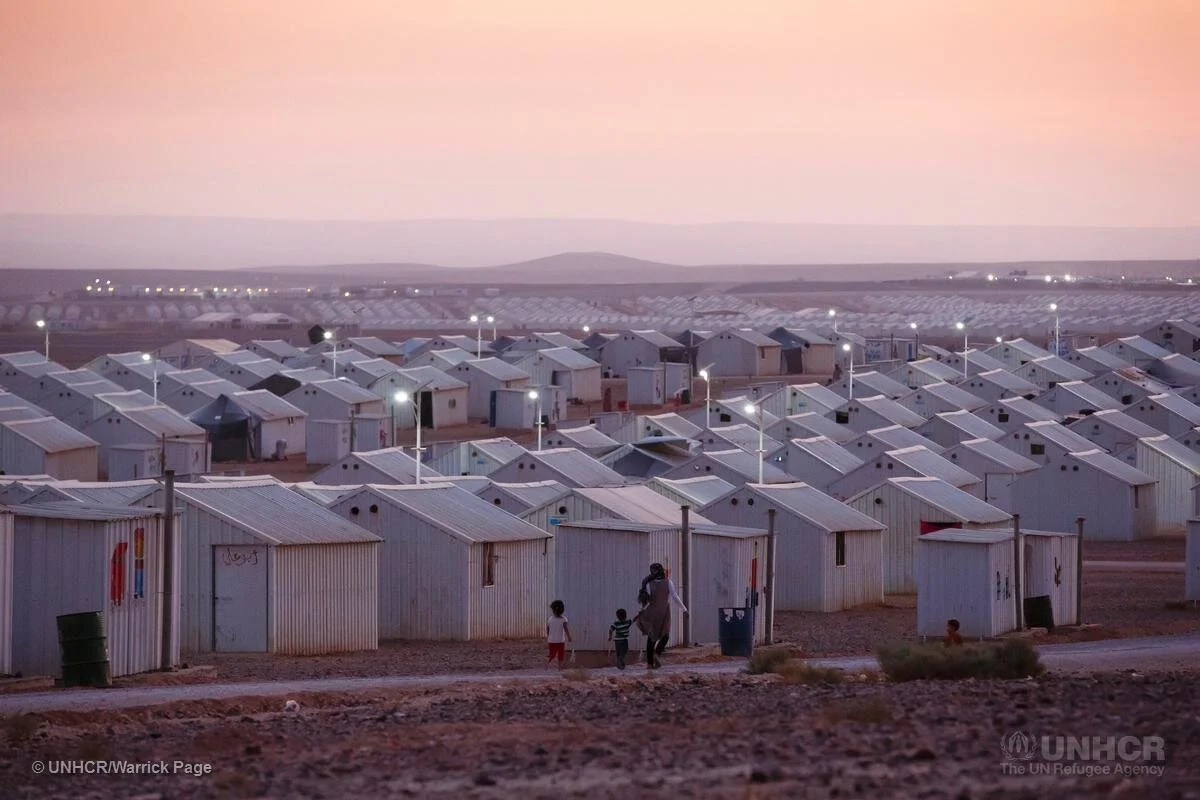A Roadmap for HOME Community-Public-Private-Partnership Platform
By Andrew Mbogori, The United Nations High Commissioner for Refugees (UNHCR)
On World Refugee Day, we honor the courage of refugees and displaced persons, and show our commitment to providing homes and supporting low-income housing for communities through launching a Roadmap for the World Home Foundation’s HOME Community-Public-Private-Partnership.
HOME should be dedicated to paving the path to tackle the following challenges collectively:
Providing better post-emergency homes and services for refugees and internally displaced Person (IDPs)
Providing technical support to partners engaged in supporting sustainable homes for Refugees and IDPs
Utilizing local housing materials and labor for sustainable co-existence among the refugees and host communities
Facilitating low-cost home credit schemes for communities
Designing with partners more affordable mortgages for low-income housing community projects
Sourcing funding for community housing banks targeting rural and slum communities
Engaging private sector partners and housing consumer shops to stock relevant building materials for in-kind credit
The Roadmap:
HOME Community-Public-Private-Partnership should target Humanitarian Action (HA) mainly for Refugees and Internally displaced persons and Development Action (DA) focusing on low-income housing schemes for rural and urban communities.
1. Humanitarian Action (HA)
HOME should engage in the post-emergency phase in supporting refugee and Internally displaced persons to develop more semi-permanent and permanent homes in the locations where protection and assistance are being provided. The HOME support in kind could include:
Providing technical support in designing and costing appropriate homes and shelters; working with professionals in the local community
Sourcing locally available materials
Mobilizing global resources
Key Partners:
IASC, UNHCR, IOM, UNHABITAT
Member States
HOME HA is purely humanitarian support to displaced population aimed at improving their homes as they settle from humanitarian emergency. Funding from well-wishers and other philanthropic entities should form an important part of this initiative.
2. Development Action (DA)
HOME Initiative should focus on low-income housing schemes and modernization of community housing and services. This can accrue considerable success by engaging registered community organizations with the aim of improving homes and services. HOME is to focus on the following partners.
Savings and Credit Co-Operative Societies (SACCOs)
Non-governmental Organization
Community Based Organizations
Women group organization
Community Housing organizations
Micro Finance and Credit Banks
Commercial Banks
Key Operational Partners
Communities
National Governments
Regional governments
The United Nations – UNDP, HABITAT, WB
DA funding should be directed to communities with proven resilient and acceptable credit record. Ability to meet lending terms will be critical. Focus on communities that own land or government registered land will be given priority. The HOME platform will also engage with groups which are organized to improve the existing homes and services, by providing technical expertise and needed building materials in kind.
Author: Andrew Mbogori
Andrew Mbogori is Deputy Director at UNHCR leading Global Emergencies for Refugees and IDPS. mbogori@unhcr.org
